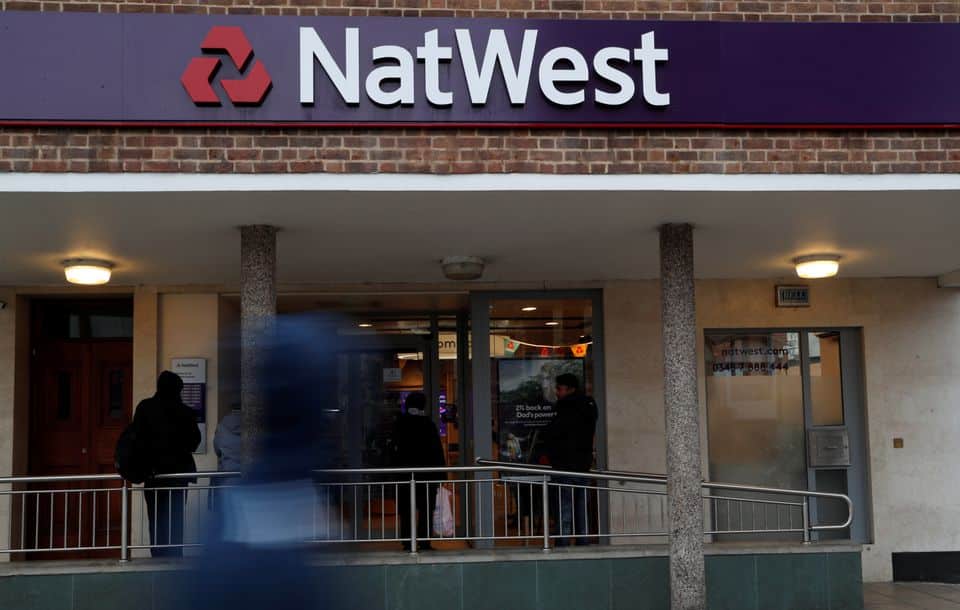NatWest Aims for Accelerated Privatization with Increased Stock Buyback Proposal
In a strategic move to hasten its return to private ownership, NatWest (NWG.L) has announced plans to seek approval from its shareholders to ramp up its stock buyback capacity. The bank, which was rescued during the tumultuous 2007-9 financial crisis, is looking to increase the limit of stock it can repurchase from the UK government from 5 percent to 15 percent over a 12-month period.
With the annual investor meeting on the horizon this April, NatWest has circulated a resolution for shareholder endorsement. This resolution is a key part of the bank’s strategy to expedite the privatization process. The UK government, which still owns approximately one-third of NatWest—formerly known as Royal Bank of Scotland—has been progressively reducing its stake. This includes plans for a public stock sale as early as June, with the ambition to fully divest by 2026.
The success of NatWest’s proposal hinges on impending regulatory reforms expected to simplify the process for companies to execute larger buybacks from major investors. If the buyback goes ahead at current market valuations, NatWest could potentially repurchase stock worth around 3 billion pounds ($3.8 billion).
Since the bailout, the government has been paring down its ownership from a peak of 84 percent through sales to institutional investors and direct transactions with NatWest itself. Britain’s finance minister Jeremy Hunt has also indicated plans to engage retail investors in the stock sale, aiming to rekindle interest in UK equities.
Aside from stock buyback discussions, NatWest’s shareholders will also be voting to confirm the appointments of chairman Rick Haythornthwaite and chief executive Paul Thwaite, who stepped into their roles following the unexpected departure of former CEO Alison Rose last year.
Despite closing flat at 240.1 pence on Monday, NatWest’s shares have seen a 9 percent increase since the beginning of the year, bolstered by reporting their highest annual profit post-bailout this February. However, it is anticipated that taxpayers will incur a significant loss on their investment in the bank, as all government stock sales have been below the original bailout price of 502 pence.
As NatWest navigates its path back to full privatization, investors and market observers alike will be closely monitoring the outcome of the upcoming annual meeting and the impact of potential regulatory changes on the bank’s future.






